
Janardan Sharma Questions Chairman’s Family Favoritism in Maoist Center!
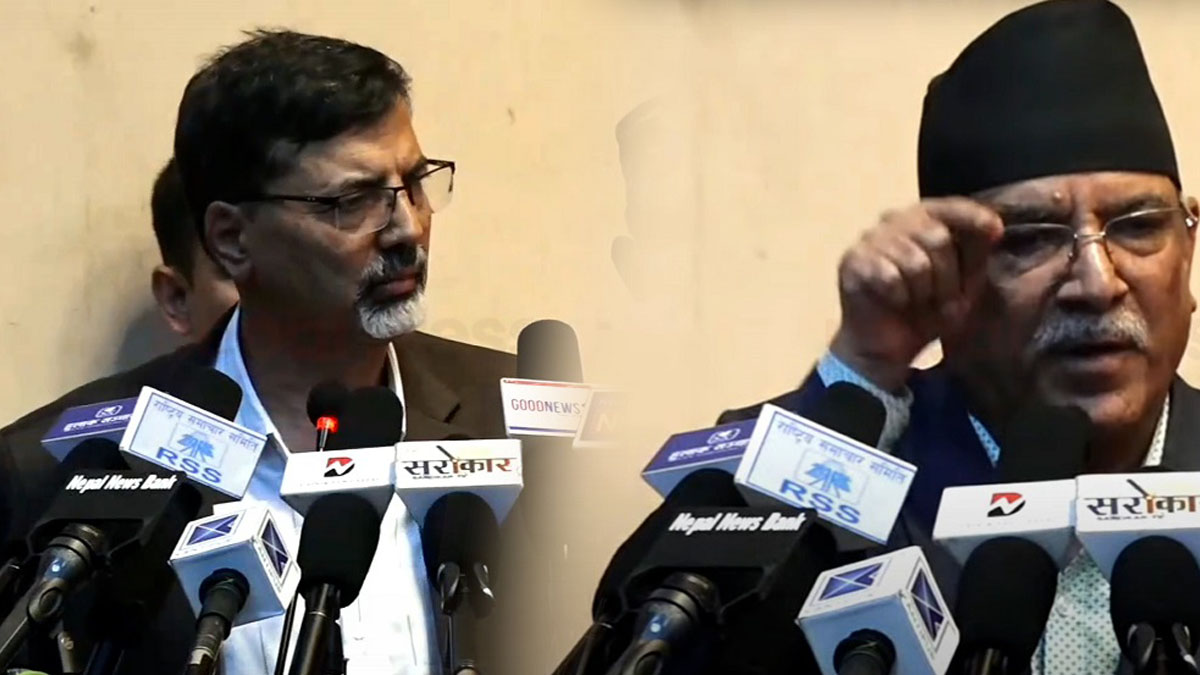
Deputy General Secretary of CPN (Maoist Center), Janardan Sharma, has stirred controversy within the party ranks by registering a separate opinion during the standing committee meeting. Sharma’s dissent revolves around what he perceives as the sidelining of voices advocating for direct elections of all office-bearers during the recent statute convention.
In his statement, Sharma expressed serious disagreement with the handling of party responsibilities following the statute convention. He highlighted his concerns over the repeated deferral of standing committee meetings and criticized the decisions made on February 27, 2024, which he believes were pushed through despite existing differences within the committee.
Of particular contention was the absence of the statute issue on the standing committee’s agenda immediately after the convention. Sharma lamented the lack of transparency and inclusivity in the decision-making process.
The recent reshuffling of leadership roles within the party also drew Sharma’s scrutiny. Notably, Sharma, along with other prominent figures like Barsha Man Pun and Devendra Paudel, found themselves without any responsibilities following the changes. Sharma raised suspicions about the intentions behind such exclusions, alleging that those aligned with his convention agendas were also disregarded.
Moreover, Sharma criticized the preferential treatment accorded to family members of Maoist Chairman Pushpa Kamal Dahal in leadership appointments. He questioned the appointment of Chairman Dahal’s younger brother, Narayan Dahal, as deputy in-charge of Bagmati, especially in light of the party’s purported policy of not granting responsibilities to elected representatives.
The removal of standing committee member Khaga Raj Bhatta and the appointment of Bina Magar, Chairman Dahal’s daughter-in-law, also drew Sharma’s ire. These actions prompted him to question the party’s commitment to fair and merit-based leadership selection.
Sharma’s dissent stems from his advocacy for direct elections of all party committees and office-bearers, as outlined in his eight-point supplementary proposal during the statute convention. However, the proposed party statute suggests a combination of direct elections and proportional representation, which Sharma finds inadequate in promoting true democratic principles within the party.
As Sharma continues to voice his concerns, the CPN (Maoist Center) faces internal tensions regarding its leadership selection process and commitment to democratic values.


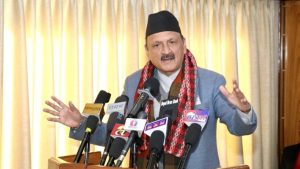
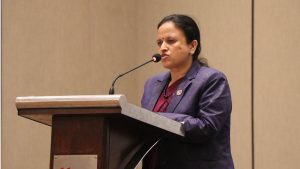
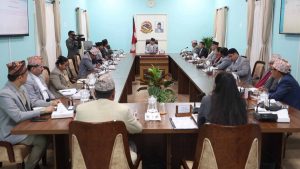
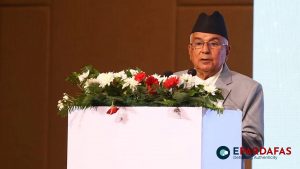
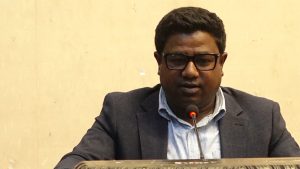
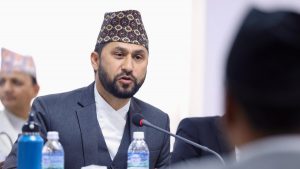






Comments